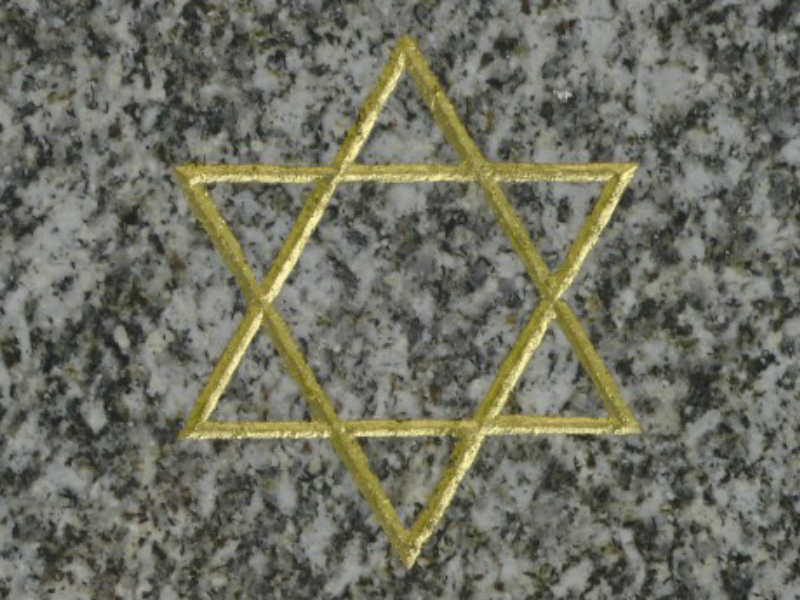We Jews are a unique breed. We are tied together by our traditions, through our shared history and by our religion. Also drawing us together is knowing that we are each a valuable member of a people who have a long history of achievement, together with far too many challenges and tragedies.
To be a Jew is to aspire to lofty goals, while being beset by forces that look askance at our people, despite – or perhaps because of – our achievements. The Jewish people have accomplished so much and our highlights are extremely high, but our lowlights, in terms of our treatment by others, are equally extreme.
We are incredibly resilient. We are arguably the oldest religious group in the world today. We have survived the world’s major disasters, plagues and wars, as well as the near-constant attacks on our people. We have been designated as the “other” throughout our history in the Diaspora and now that we have our own state, it is designated as the “other,” as well. Indeed, Israel, the “Jew of the nations” is the subject of similar denigration, double standards and canards as individual Jews are.
Where we have seldom ventured, in the Asian part of the world, we are generally admired where we are known. But in the other part of the world, where we have lived and often prospered, we have been continually subjected to the world’s oldest and most persistent societal disease – anti-Semitism.
Today, the instances of anti-Semitism are rising. We have seen it for several decades in the negatively differential treatment of Israel relative to other countries. We see it in the increase in attacks on Jews in what used to be the safest of countries – the United States – whether by bullets, knives, fists or words. Identifiable Jews are regularly being attacked in New York, with little mention of it in the mainstream media.
READ: DIAMOND: COMBATING THE TRIUMVIRATE OF HATRED
In Canada, the government’s focus remains on the far less prevalent (but increasing) prejudices against Muslim-Canadians, as opposed to the rapidly increasing attacks on Jewish people. It is also troubling that to be pro-Israel today makes one persona non grata in far too many so-called progressive organizations in North America, with the woman’s movement and Black Lives Matter being two good examples.
And try being an outwardly Jewish student at most universities. Unless you are neutral to negative on the Jewish homeland, you will be shunned in many faculties. The anti-Zionist aspect of anti-Semitism is so pervasive on campus that people cannot even talk about the issues. The case is closed – the Jews are guilty as charged, with no discussion needed, or desired.
Yet it is impossible to justify the hatred – for Jews in general, or for Israel. Even if you regard Israel’s actions in Judea and Samaria as being unlawful and that Palestinians are being treated poorly, the singular focus of attacks on Israel relative to other countries that are beacons of homophobic, paternalistic and, in many cases, inhuman actions can only be a result of one thing – Jew hatred.
We are a resilient people, perhaps because we have to be. Perhaps that is how we survive – our enemies make it so difficult to be Jewish that the weak are culled out of the tribe, often by their own choice.
One thing is clear: we do not survive by accommodating, by compromising our values or by shrinking from the challenges. We are not alone – there are many non-Jews who are astute enough to understand that the attacks on the Jews are just the front line of the attack on society in general.
Together with our friends, we must be strong, stalwart and step up at a time of challenge to do what we must do in order to improve the Jewish experience for generations to come. It’s exhausting, expensive and challenging at times. To quote Bari Weiss in the New York Times, “To fight anti-Semitism, be a proud Jew.”
